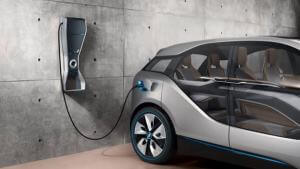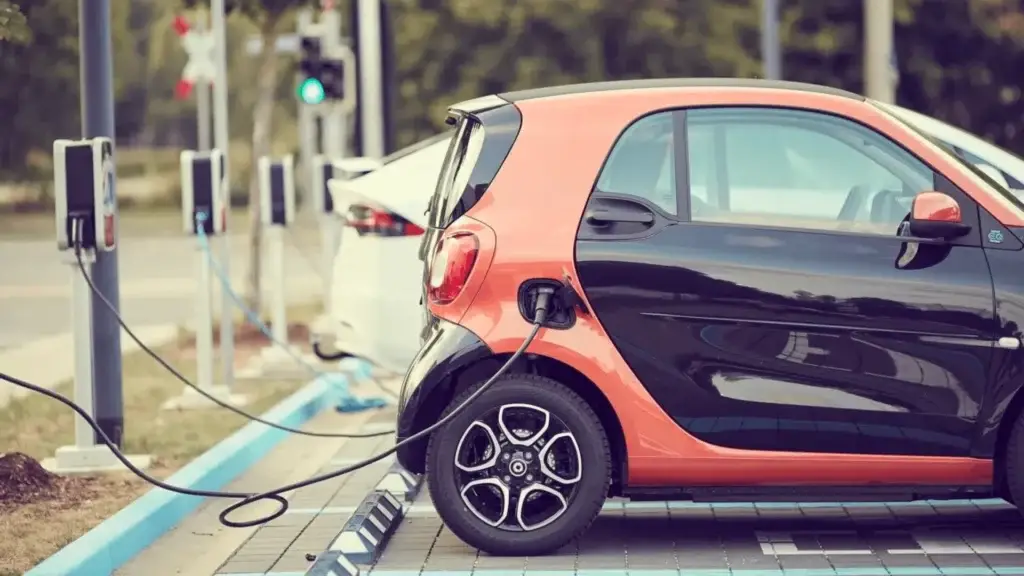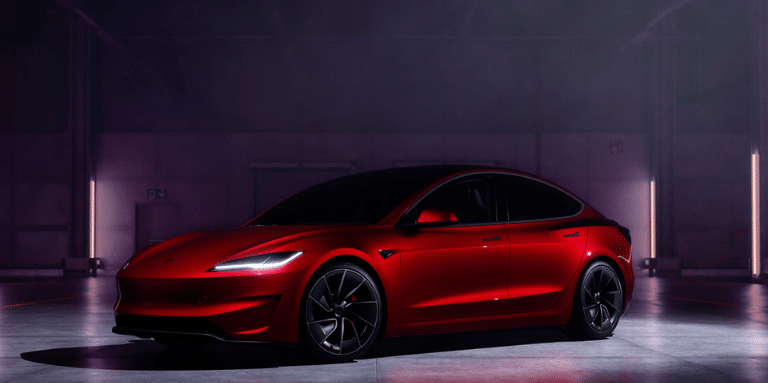Our tips for recharging your electric car
At first glance, recharging your electric car may seem straightforward. All you have to do is plug the charging cable, connected to a public or domestic charging point, into the base of your vehicle, which is supposed to accommodate the cable. However, depending on how you recharge your vehicle, you'll extend the life of your battery to a greater or lesser extent.
Recharge speed
First of all, you can choose between slow, accelerated or fast charging...
Slow recharging can be carried out at home, with power ranging from 1.8 kW if you're using a plug, to 7.4 kW if you've installed a home charging station. Accelerated charging (11 kW or 22 kW AC) is a compromise between slow and fast charging. It allows you to recharge your vehicle in between 4 and 5 hours, depending on the power accepted by your vehicle and that delivered by the charging station. Fast recharging, on the other hand, is generally carried out at public charging stations, with DC power ranging from 20 to 232 kW.
As you can imagine, fast charging will save you a lot of time, enabling you to recharge your vehicle much faster than if you were on a slow charge.
However, using fast charging too often can damage your battery over the long term, and reduce its life expectancy¹.
In fact, using fast charging involves high currents and a rise in temperature. These are 2 elements that accelerate the battery's ageing process.
That's why we advise you to use a slow charge more often, to extend the life of your battery.
Recharge time
In this category, we're not going to talk about time as such.
There's no such thing as an ideal recharge time that's universal to all electric vehicle models. However, there is a "limit" beyond which you don't need to recharge your vehicle any longer.
This gauge is the 80% gauge. In fact, if you pass the 80% mark, your vehicle will recharge more slowly, so you'll save time by limiting yourself to 80%. That's why the 80% mark is used as a benchmark when testing electric vehicles. What's more, regularly recharging your battery beyond this gauge will damage its long-term durability.
On the whole, we advise you to recharge your electric vehicle as often as possible at home, at a slow speed, and not to let it charge too much either, so as not to exceed the recommended 80%, and thus maintain your battery as well as possible.
Charging your electric vehicle at home
It may come as a surprise to you, but home recharging accounts for 95% of all charges carried out by an electric car owner. This is one of the great strengths of electric vehicles.
That's why it's important to choose the right cable and plug or charging point for your home, so that you can recharge your electric vehicle to the best of your ability and according to your requirements. Beev has already produced 2 guides to help you find your way around.
Articles you may find useful:
- Choosing the right charging cable
- Socket types and recharging modes
- Green'Up or Wallbox - which to choose?
Here's what you need to know about home recharging solutions:

If you wish to install a Green'Up module :
- The Green'Up module is a reinforced socket
- It saves you a little time compared with a lambda plug, for very little money.
- 60 to 150 euros if you wish to add a differential circuit breaker
- 3.2 kW power
Regarding the Wallbox :

- Is a home charging station
- 500 to 1500 euros
- 4 power ratings; 3.7 and 7 kW single-phase, 11 and 22 kW three-phase
- Numerous services and options available; load shedding, RFID badge, remote load management application, rebilling etc...
- 30% tax credit on purchase
- Professional installation mandatory
Alternatives to home charging stations
If you live in an apartment, you've got nothing to worry about. We've got the solution for you.
Indeed, there are plenty of alternatives for those who don't live in a house. First of all, if you have a garage, you can install a socket or charging point there, thanks to the "Right to a socket" law. Even if your garage doesn't have electricity, you're entitled to install a socket to charge your electric vehicle. Of course, you'll have to pay for the work yourself.
What's more, there are a number of grants available to help you install a charging station. Take a look at our guide to grants for installing a charging station.
In addition → Aid for the installation of a recharging point
If you don't have a garage with your apartment, you can always rent one that's already fully equipped. If you don't want to rent one, you can always access public recharging points in shopping mall parking lots, stores, underground parking lots, etc. However, this solution has a number of
constraints:
- Not finding space, especially if you live in the heart of Paris
- Not having one near you
- Paying more than if you had topped up at home
- You can reserve your spaces, thanks to applications such as "Yespark" which allow you to find and reserve parking spaces with charging stations, but this is not always possible.
The simplest solution would therefore be to recharge your vehicle in your workplace parking lot, if a charging station is available.
By the way, if your employer hasn't yet installed charging stations, it's time to give him the idea. Give us his contact details and we'll convince him ;).
The development of public charging stations
The network of recharging stations in France is expanding at breakneck speed. With the growing demand for electric vehicles, it's essential to adapt the supply of charging stations to the needs of electric car users.
More than 40,000 charging points open to the public have been deployed on French soil, including more than 11,000 in the first 6 months of 2021². Will the target of 100,000 charging stations be reached? Only time will tell.
To find out more → 100 milestones: where do we stand?
In a nutshell
At first glance, recharging an electric car seems simple, and indeed it is! But if you want to recharge it while taking good care of the battery, the task is a little more arduous.
Remember that to avoid damaging your battery too quickly, you need to avoid overheating it, and therefore avoid recharging with too much power, which includes too high a speed. Finally, if you don't have a house to recharge your vehicle, be prepared. Explore all avenues so that you always have a solution to avoid running out of power at inconvenient times! With all the solutions presented, you should be able to get by ;).
source
¹ : La belle batterie





